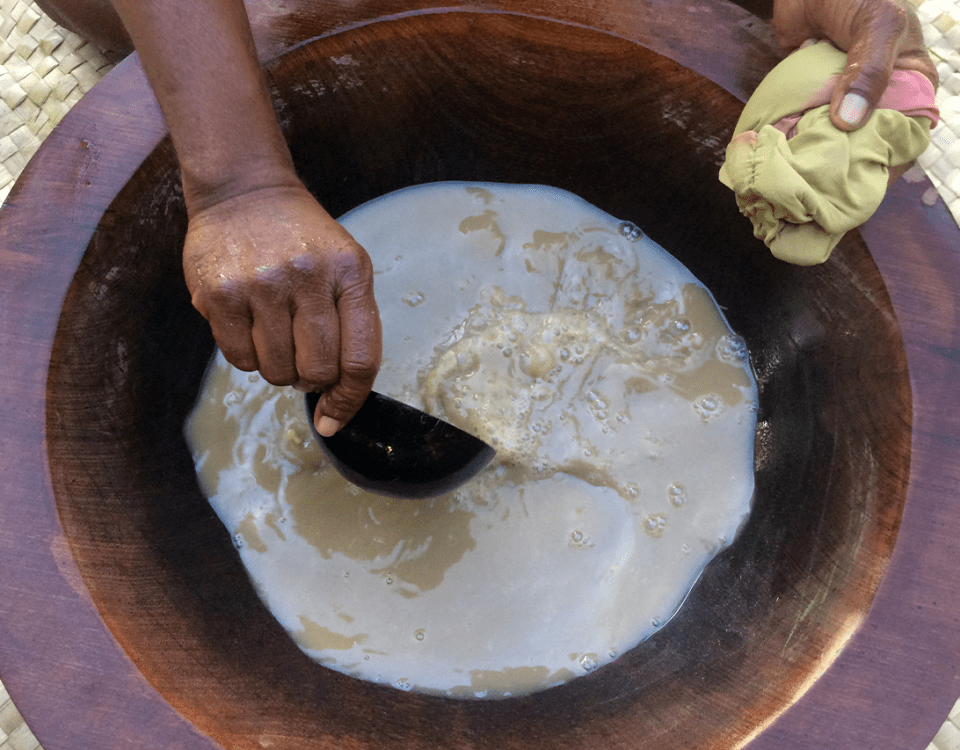When someone suffers from a mental health illness, such as anxiety, and substance abuse concurrently, a co-occurring disorder is present.
Often times, the symptoms of one disorder can heighten the symptoms of the other, and effective treatment is needed to help an individual fully recover and live a healthy lifestyle. In any dual diagnosis capacity, cognitive behavioral therapy is a main focus during treatment, and this approach has helped numerous people manage their symptoms. If you are suffering from extreme anxiety and you have a substance abuse problem, you may want to consider CBT as a treatment option. Our drug and alcohol treatment center in Chicago discusses the benefits of cognitive behavioral therapy for co-occurring disorders and why this treatment method can be right for you.
This evidence-based practice was introduced in the 1970s, and it focuses on coping strategies. This type of behavioral therapy method includes problem solving tactics with an emphasis on helping the patient change unhealthy patterns in behaviors and actions. It’s a very goal-oriented approach to therapy and patients can learn how to better manage stressful life situations that come their way. Someone who experiences frequent anxiety attacks will benefit from CBT. This is because of the realistic skills you learn to apply in real life situations during treatment. By replacing substance abuse behavioral patterns with healthier ones, you are able to start your recovery journey and prevent relapses from occurring.
During CBT sessions at a drug and alcohol treatment center, the patient and therapist are actively working together to establish trust and to understand the issues behind anxiety. Together, they develop effective strategies for tackling them. Our CBT programs at Banyan Treatment Center help all individuals gain a set of new cognitive and behavioral ideologies that they can apply in all life settings moving forward.
Getting into treatment is easy with our free insurance verification
"*" indicates required fields









